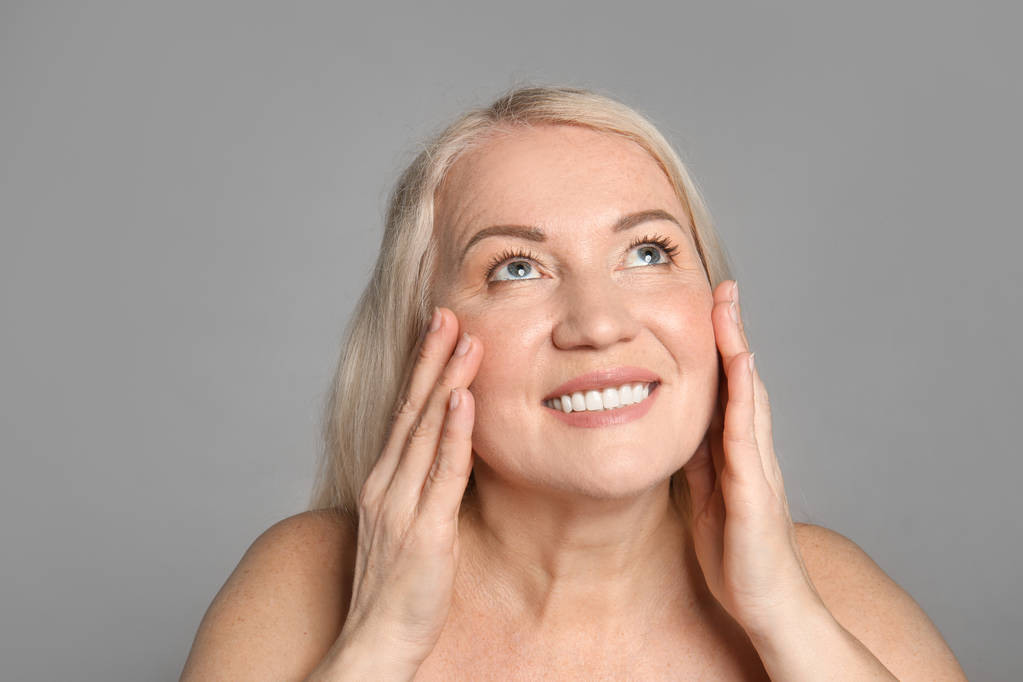Anti-Aging: Life Extension Explained
September 13, 2023

Welcome, dear reader, to the magical world of life extension. We're about to embark on a journey through the looking glass, where time is not a cruel master but a playful companion. This is a realm where the ticking clock is not a countdown to the end, but a measure of endless possibilities. So, buckle up, grab your favorite rejuvenating beverage, and let's dive into the rabbit hole of anti-aging.
Now, before we start, let's clear up a common misconception. Anti-aging isn't about becoming a vampire or finding the mythical fountain of youth. It's about understanding the biological processes that lead to aging and finding ways to slow them down, halt them, or even reverse them. So, let's get started, shall we?

The Science of Aging
First things first, let's talk about what aging actually is. No, it's not just about getting wrinkles and forgetting where you left your keys. Aging is a complex biological process that involves a gradual decline in the function of our cells, tissues, and organs. It's like a machine that's slowly wearing out, but don't worry, we're working on finding the right oil to keep it running smoothly.
Now, there are many theories about why we age, from the wear-and-tear theory that suggests our bodies simply wear out over time, to the genetic theory that proposes our lifespan is largely determined by our genes. But the truth is, it's likely a combination of many factors, and that's what makes it such a fascinating field of study.
Cellular Senescence
One of the key players in the aging process is something called cellular senescence. This is when a cell loses its ability to divide and function properly. It's like a worker who's been on the job for too long and just can't keep up with the pace anymore. But instead of retiring, these senescent cells stick around and can cause all sorts of problems, like inflammation and tissue damage.
But fear not, dear reader, because scientists are working on ways to clear out these tired old cells and replace them with fresh, youthful ones. It's like a cellular rejuvenation spa, and who wouldn't want that?
Telomeres and Aging
Another key player in the aging game is something called telomeres. These are the protective caps at the ends of our chromosomes, kind of like the plastic tips on shoelaces. Every time a cell divides, these telomeres get a little bit shorter, and when they get too short, the cell can no longer divide and becomes senescent.
But here's the exciting part: scientists have discovered an enzyme called telomerase that can actually rebuild these telomeres, potentially extending the lifespan of the cell. It's like having a shoelace repair kit at your disposal. Isn't science amazing?
Anti-Aging Interventions
Now that we've covered some of the science behind aging, let's talk about what we can do about it. There are many interventions being studied that could potentially slow down or even reverse the aging process. From dietary changes to drugs to gene therapy, the possibilities are as vast as they are exciting.
But remember, dear reader, while the science is promising, we're still a long way from finding the ultimate anti-aging solution. So, in the meantime, it's important to live a healthy lifestyle and take care of your body. After all, it's the only one you've got!
Diet and Lifestyle
Let's start with the basics: diet and lifestyle. It's no secret that what you eat and how you live can have a big impact on your health and longevity. Eating a balanced diet rich in fruits, vegetables, whole grains, and lean proteins can help keep your cells healthy and vibrant. And regular exercise can help keep your body strong and resilient.
But it's not just about what you eat and how much you move. It's also about how you manage stress, how much you sleep, and even how you socialize. So, remember to take time for yourself, get plenty of rest, and surround yourself with positive, uplifting people. It's all part of the anti-aging recipe.
Pharmaceutical Interventions
Now, let's talk about drugs. No, not those kinds of drugs. We're talking about pharmaceuticals that could potentially slow down or reverse the aging process. There are many compounds being studied, from metformin, a drug commonly used to treat type 2 diabetes, to rapamycin, a drug originally developed to prevent organ transplant rejection.
These drugs work in various ways, from reducing inflammation to activating certain longevity genes. But remember, while the research is promising, these drugs are not yet approved for use in healthy individuals for the purpose of life extension. So, don't go raiding your medicine cabinet just yet.

The Future of Anti-Aging
So, what does the future hold for anti-aging? Well, dear reader, the possibilities are as endless as they are exciting. From gene therapy to nanotechnology to artificial intelligence, the future of anti-aging is a brave new world of science and technology.
But while we wait for these futuristic interventions to become a reality, remember that the best anti-aging strategy is a healthy lifestyle. Eat well, move often, sleep plenty, and laugh a lot. After all, age is just a number, and you're only as old as you feel.
Gene Therapy
One of the most exciting areas of anti-aging research is gene therapy. This involves altering our genes to slow down or reverse the aging process. Imagine being able to switch on a gene that boosts cellular repair, or switch off a gene that causes inflammation. It's like having a genetic control panel at your disposal.
But while the science is promising, gene therapy is still in its early stages and there are many challenges to overcome. So, while we may not be able to order a custom set of anti-aging genes just yet, the future is looking bright.
Nanotechnology
Another exciting area of research is nanotechnology. This involves creating tiny machines, or nanobots, that can repair or replace damaged cells and tissues. Imagine having a swarm of microscopic robots in your body, fixing damage and clearing out waste. It's like having a team of tiny mechanics keeping your body in tip-top shape.
But again, while the concept is fascinating, we're still a long way from having nanobots in our bloodstream. So, for now, we'll have to rely on our own biological repair mechanisms.
Artificial Intelligence
Finally, let's talk about artificial intelligence. AI is being used to analyze vast amounts of data and make predictions about health and longevity. It's like having a super-smart computer scientist working around the clock to figure out the secrets of aging.
AI is also being used to develop new drugs and therapies, and to personalize health interventions. So, while we may not have a personal AI assistant to guide us through the aging process just yet, the future is looking bright.
And there you have it, dear reader. A playful romp through the world of anti-aging and life extension. Remember, while we may not have found the fountain of youth just yet, every day brings us one step closer. So, here's to a long, healthy, and vibrant life. Cheers!

 Back to Blog
Back to Blog